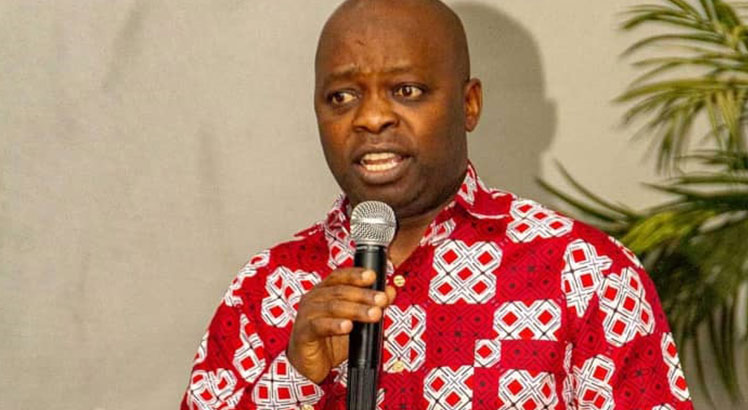Minister hints at Council of Paramount Chiefs
Minister of Local Government Blessings Chinsinga says his ministry wants to establish a Council of Paramount Chiefs to help address rising cases of chieftaincy wrangles.
Speaking during a meeting with representatives of local government councils from the Northern Region on Monday in Mzuzu, he said chieftaincy wrangles undermine stability, social harmony, peace and development of the country.
Chinsinga said while courts have been arbitrating on the cases, determinations have not provided a sense of finality.

chieftaincy disputes
The minister said: “One of the major challenges that we deal with on a daily basis are disputes between and among chiefs and this is taking too much of our energy. One of the things that we think would lessen these disputes is having a Council of Paramount Chiefs.
“We are making this resolution because disputes are often taken to courts and even when courts make their pronouncements it does not necessarily mean that it is the end of disputes.”
Chinsinga said he was hopeful that having a mechanism deeply grounded in culture would in part solve the problems, and deflate pressure from the ministry to be involved in the wrangles on a daily basis.
Paramount Chief Lundu of Chikwawa, who leads the Chewa and Mang’anja people in the country, said the suggestion was long overdue, but also blamed politicians for bringing confusion in some cases.
He said: “Some politicians bring these confusions. They will force a chief on people because that person supports them, which is wrong.
“That is perhaps why you have many outstanding court battles. There is a need to let tradition deal with itself, nothing more.”
Ministry of Local Government director of chief’s administration Charles Makanga yesterday said the ministry has about 26 chieftaincy cases in court.
He said if the proposed establishment of the council is approved it will, among others, look into such disputes.
The Special Law Commission on the review of the Chiefs Act also observed that some of the wrangles are a result of political influence as the State President has power to appoint chiefs.
Led by retired Justice of Appeal Anaclet Chipeta, the commission recommended the empowerment of the royal families to appoint a successor to the chieftaincy.
Reads in part some of the recommendations: “The commission recommends that in relation to traditional authorities, identification of a person who qualifies and is suitable to assume the position of traditional authority should be done by the royal family to the exclusion of members of the community.
“The commission recommends that the role of the President shall be restricted to only recognising the identified person by issuing a certificate of recognition. Consequently, the royal family shall be the appointing authority and not the President as is currently the case,” it reads.





